

Currently, the Cambodian government and international development partners are joining hands to implement the Agriculture Sector Master Plan 2030 (ASMP 2030), a promising approach to modernize agriculture in Cambodia. To achieve the ambitious government goal, an urgent transformation of the widespread traditional subsistence agriculture system will be necessary. Diversification of production, development of value chains and value-adding are going to be major aspects in the modernization of the Cambodian agriculture sector.
The Cooperative movement in Cambodia is still in a very early stage of development compared to most of the neighbouring countries. However, with the adoption of the first law on agricultural cooperatives in 2013, which had been formulated with support of DGRV, a solid foundation to build a modern market-oriented cooperative sector has been laid.
According to a study conducted by the Ministry of Agriculture, Forestry and Fisheries, most of the 1200 agricultural co-operatives registered in Cambodia by the end of 2020 are focusing on credit and saving services and the supply of farm inputs such as seeds and fertilizers. Joint initiatives in national or international marketing of agricultural products are still very challenging for most cooperatives since they lack experience and often have insufficient financial resources.
To overcome the major obstacles in finding new market opportunities, the first pilot joint ventures between agricultural cooperatives and competent private sector companies have recently been supported by the DGRV program in Cambodia.
For agricultural companies it usually is quite challenging and time consuming to work with a huge number of individual small-holder farmers. Being able to negotiate with an organized network of farmers on the other hand has obviously many benefits. This is why an increasing number of companies in Cambodia sees the value of joint ventures with agricultural cooperatives.
Preah Vihear Meanchey Union of Agricultural Cooperatives was Cambodia’s first cooperative union, established in 2016. With 33 member cooperatives being involved in the production of certified organic rice, the cooperative union has supplied more than 20.000 tonnes organic rice to four companies last year. In 2020, Cambodia exported more than 690.000 tonnes of milled rice to over 60 countries. Organic rice fetches usually 25-30 percent more than regular rice in international markets, which also brings benefits to more than 5000 families in Preah Vihear province.
To strengthen cooperative supply chains in the pepper sector, DGRV had been supporting the establishment of three pepper cooperatives between 2010-2016. After a study tour to Germany, to generally assess export opportunities into the EU, the Cambodian Spice Agricultural Cooperative (CSACU) has been founded in 2018 as the first regional cooperative union in the country with pepper cooperatives from three different provinces. So far, CSACU has supplied more than 2.000 tonnes premium quality black pepper for export to Germany and prepares annually contract agreements with its trading partners.
The number of cooperatives involved in agricultural supply chains in Cambodia is still small. Around 10% of the registered cooperatives are currently reported to have farming contracts with private sector companies.
For an increasing number of companies quality control, certification and traceability of agricultural products back to the individual farmer are preconditions for market access.
Recently, the European chamber of commerce in Phnom Penh has encouraged all relevant stakeholders to seek new export opportunities for Cambodian agricultural products into the EU and Germany. DGRV is supporting this initiative and has joined a working group on GAP standard and quality control for fruits and vegetables with its local project partner Buddhism for Development. The goal is to involve an increasing number of agricultural cooperatives in supply chains and to discourage the lease of agricultural land to foreign investors, thus providing a better and more sustainable livelihood for many small scale farmers in rural areas.
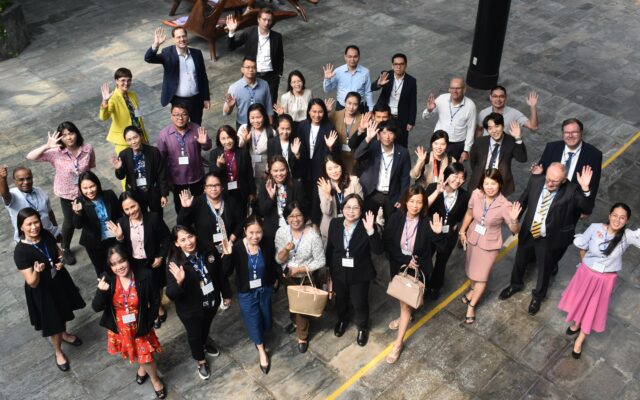
A new partnership between DGRV and the Cooperative Development Authority (CDA) in the Philippines is enhancing regulatory oversight and stability within the cooperative sector.
More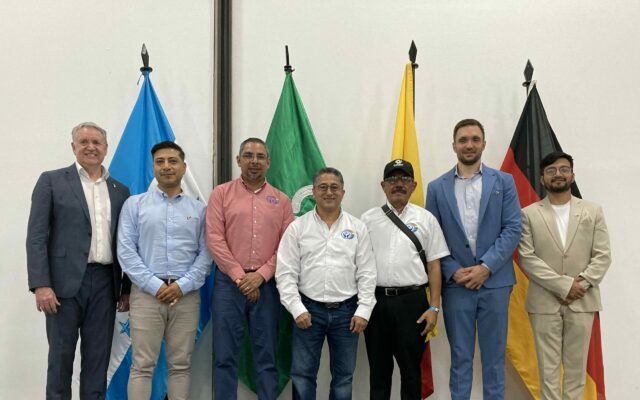
DGRV’s project in Honduras focuses on strengthening the cooperative financial sector, particularly in rural areas, and improving access to financial products and services. The initiative also aims to enhance resilience to climate change and promote the efficient use of natural resources, fostering sustainable and inclusive economic growth.
More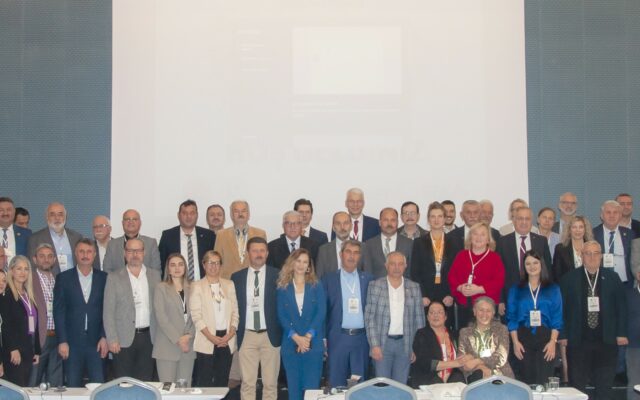
The 8-year long TAKBİ project within the framework of the Turkish and German association cooperation, revitalized Turkish agricultural cooperatives by surmounting challenges, elevating organizational structures, improving service quality, and fostering member satisfaction, leaving a lasting positive impact on the cooperative landscape in Turkey.
More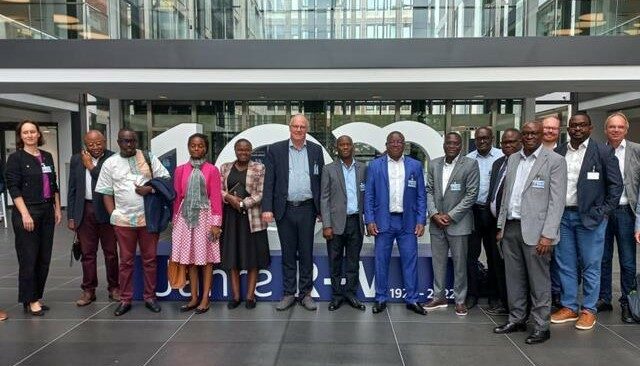
Financial experts from Benin, Cameroon, and Uganda embarked on a journey to Germany to explore the essence of cooperative principles, forging a vision for a resilient banking sector that transcends borders and fosters economic and social progress in African communities.
More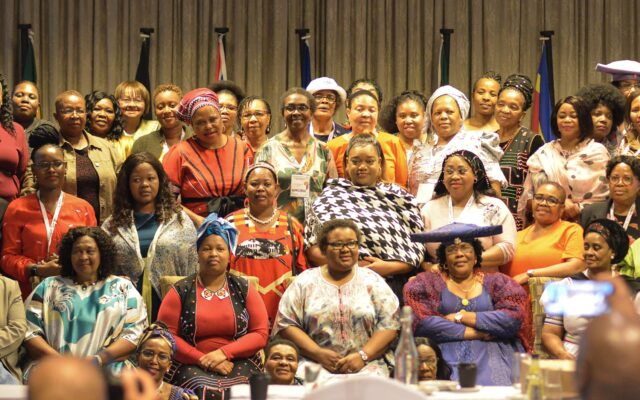
In an extraordinary gathering, female traditional leaders from Southern Africa converged to harmonize the concepts of Ubuntu and cooperative principles, setting a visionary path for community development.
More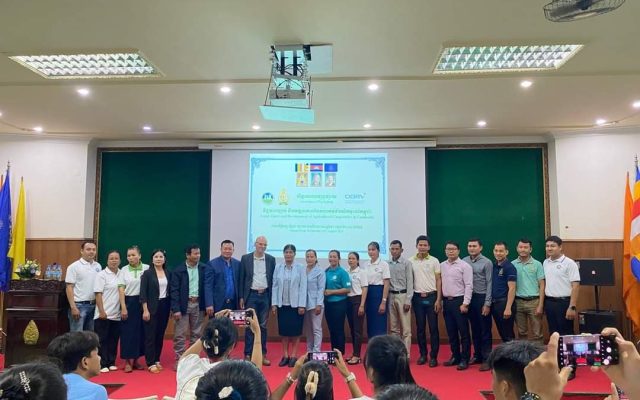
Empowering Cambodia's agricultural cooperatives through dynamic seminars: DGRV and AERD/RUA collaborate to drive leadership, professionalism, and sustainable growth.
More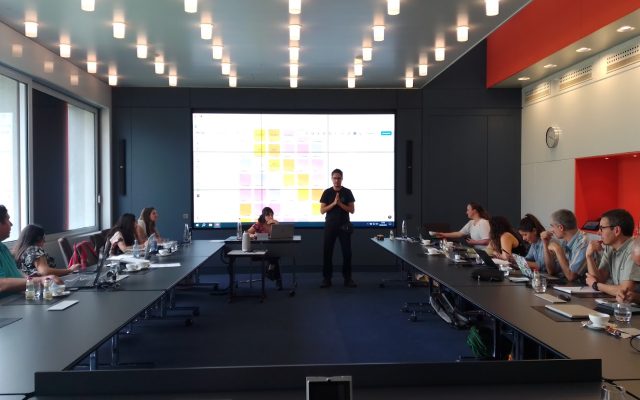
In June, eight Chilean organizations participated in an Exposure Visit to learn from the experience of Energy Cooperatives in Germany
More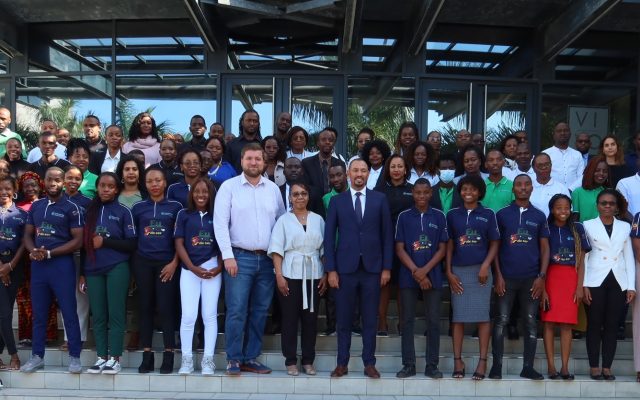
Empowering Mozambican youth through cooperative entrepreneurship to tackle unemployment and promote economic growth.
More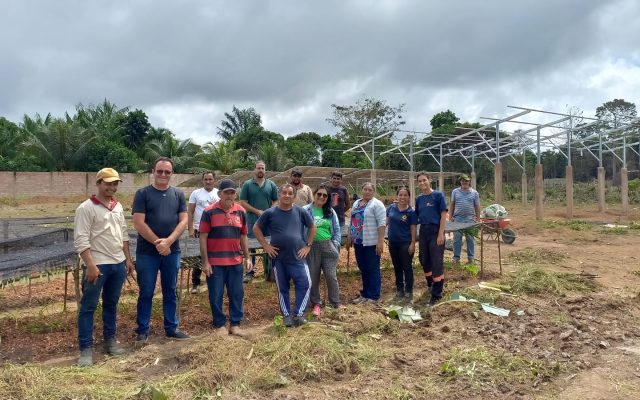
Helping the cooperative CCampo Alimentos to implement an Agrivoltaic pilot project in Brazil
More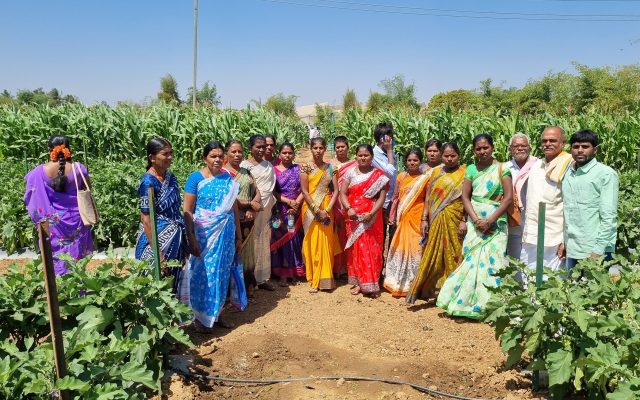
Adaptation measures to climate change in rural areas in India
More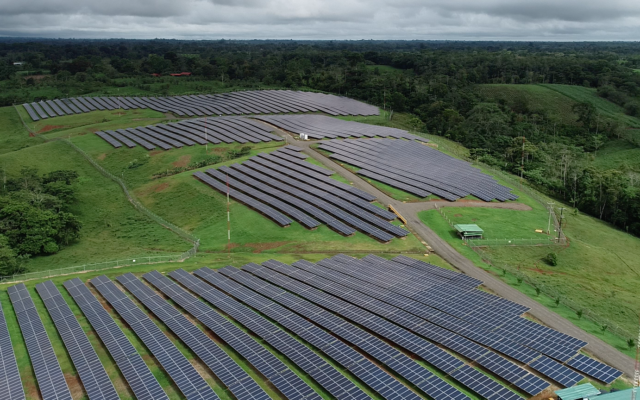
Renewable Energy in Costa Rica generated by cooperatives.
More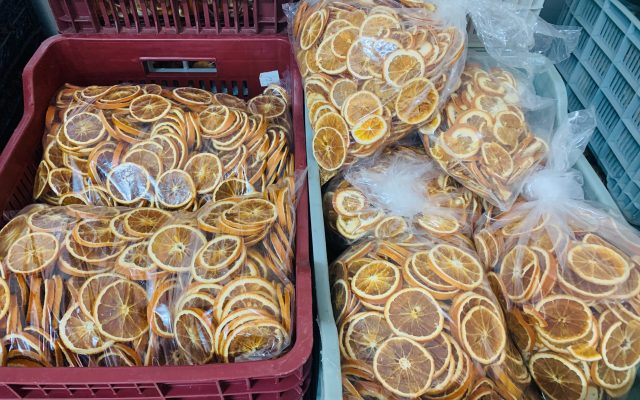
Food Processing with a Regional Federation
More
Digitisation of Primary Co-operatives in eSwatini
More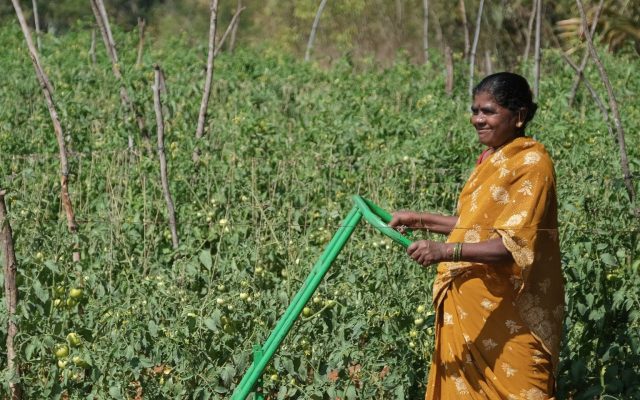
A central solution that enables members to make daily agricultural necessities available promptly and financially affordable
More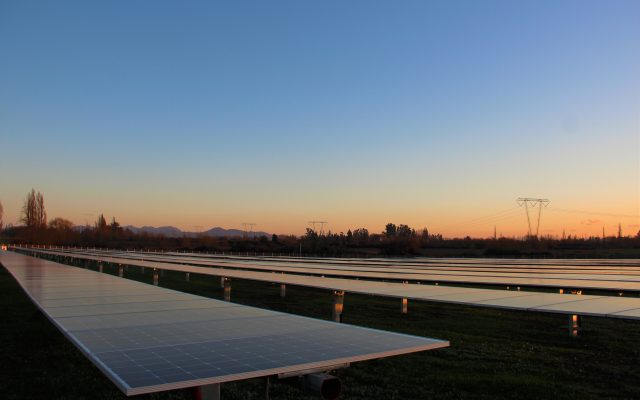
The creation of Community Distributed Generation Cooperatives in Chile.
More
Textile cooperative in Tunisia
More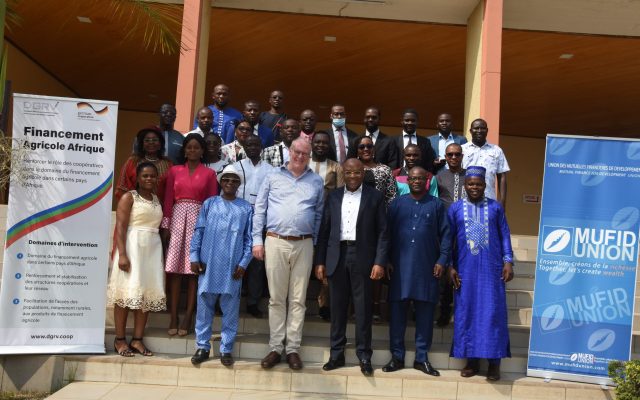
Facilitating access to quality agricultural finance products in Cameroon
More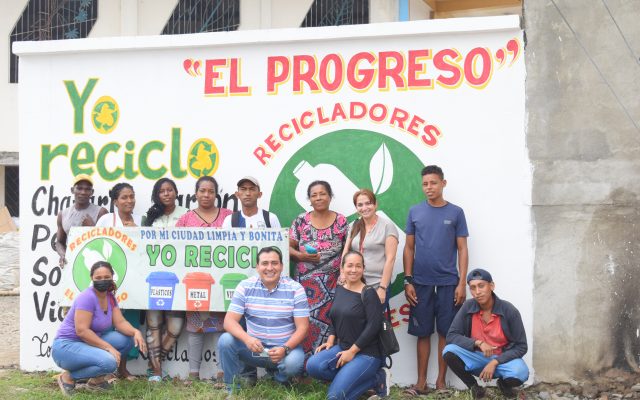
Generating business and commercial connections with the "Networks in Action" project
More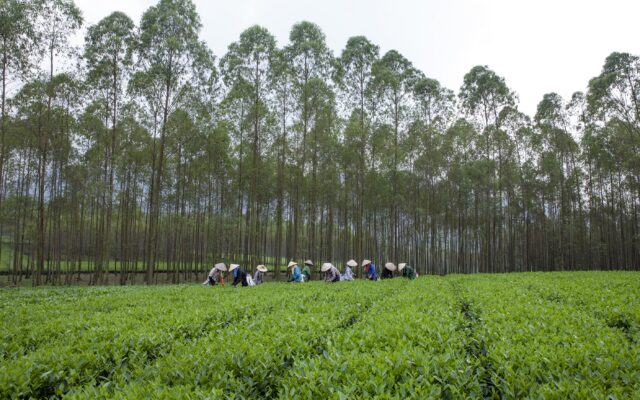
Mid- term courses for cooperative officials in Vietnam
More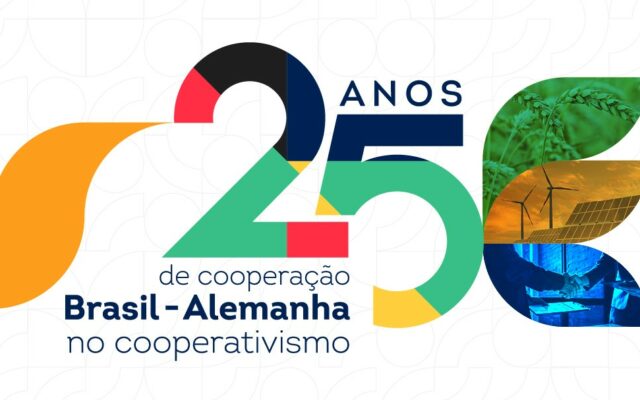
The collaboration between the Brazilian and German cooperative sector
More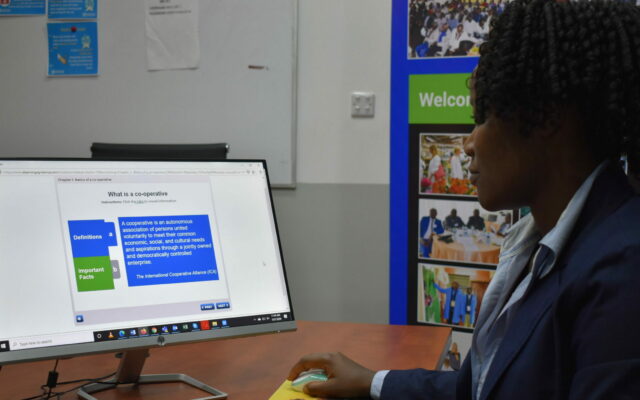
DGRV Kenya supports project partners on their way to adapt to “The new normal” in times of COVID-19
More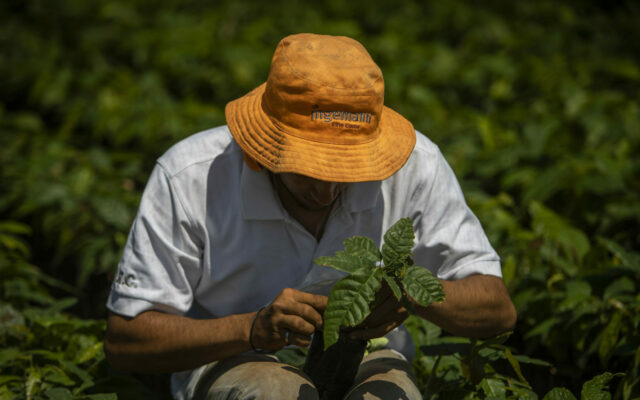
Pablo and his Potatoes
More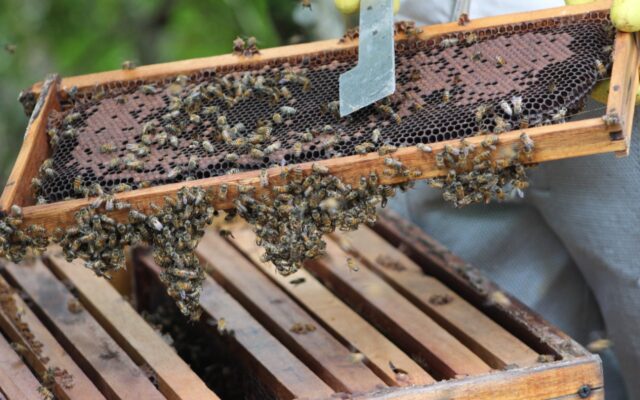
Strengthening small rural producer organizations in Colombia
More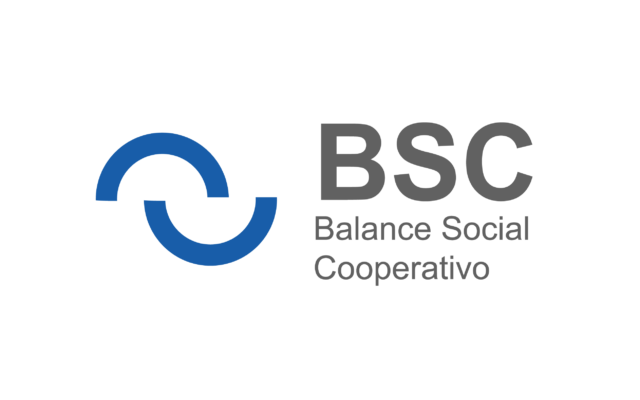
Cooperative Social Responsibility in Honduras
More